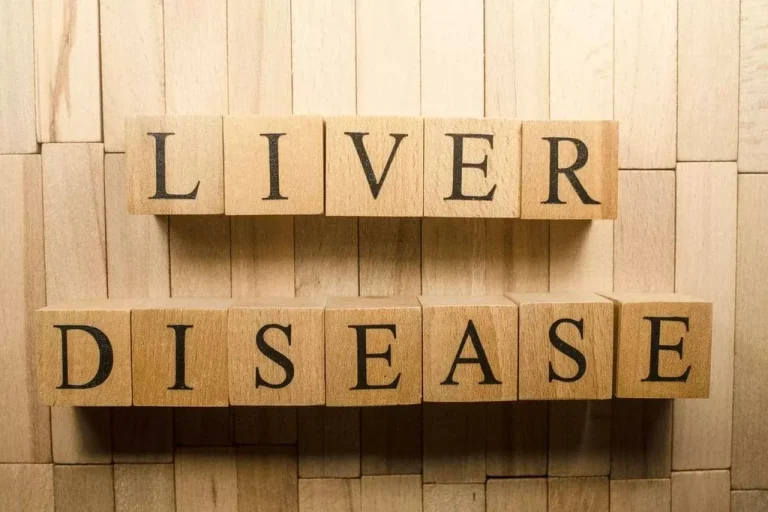5 Stages of Alcoholism: Signs, Symptoms, and Treatments

Still, they often include environmental factors such as exposure to family conflict or parental substance abuse, as well as psychological factors like stress or emotional distress. Seeking professional help from addiction specialists, therapists, or support groups can provide the necessary guidance and support during this critical stage. It’s important to note that early intervention can lead to a more favorable prognosis for those struggling with alcoholism. Depending on the needs of the individual, alcohol addiction treatment can occur on a residential or outpatient basis. Patients in residential treatment live on-site at a facility while in rehab.
Recovery Coaching
- Those struggling with AUD usually had their first exposure to alcohol during their teenage years, driven by curiosity or peer influence.
- In mid-February, Kosar said he was also diagnosed with Parkinson’s, a neurodegenerative disorder of the brain, by an independent NFL doctor.
- The most appropriate treatment plan will depend on the individual’s specific needs and circumstances.
- Fluid buildup in end-stage liver disease is a particularly ominous sign.
- While support groups are not a substitute for professional treatment, they can be crucial in sustaining recovery.
Alcoholism not only affects the physical health of an individual but also has a significant impact on their mental health. Depression and anxiety are two common mental health disorders that individuals struggling with alcoholism may experience. As alcoholism progresses, individuals move from the pre-alcoholic stage to the early-alcoholic stage, where the effects of alcohol consumption become more apparent. This stage is characterized by increasing tolerance to alcohol and the development of early signs of alcohol dependency. The Recovery Village Cherry Hill at Cooper offers comprehensive addiction treatment for drug and alcohol addictions and co-occurring mental health conditions.
- Alcoholism is a dangerous and life-altering disease that can seriously affect your health and well-being.
- These can include traumatic experiences from combat, severe chronic pain from combat or service-related injuries, PTSD, and reintegration into civilian life.
- In the third stage of alcohol addiction, individuals have increased beyond moderate levels but have not reached severe dependence.
- With the right combination of support, guidance, and resources, recovery from alcoholism is possible.
- The initial phase, often characterized by increased tolerance and experimentation with alcohol, may not immediately signal an addiction.
- For instance, witnessing parental substance misuse or experiencing family conflict and violence can predispose children to heavy alcohol use.
Signs and Symptoms of Early-Stage Alcoholism

If you feel that you sometimes drink too much alcohol, or your drinking is causing problems, or if your family is concerned about your drinking, talk with your health care provider. Other ways to get help include talking with a mental health professional or seeking help from a support group such as Alcoholics Anonymous or a similar type of self-help group. Late-stage, or end-stage alcoholism, is a full-blown addiction to alcohol, often with damaging physical and mental health effects. The progression of alcoholism is often divided into distinct stages, and each stage is characterised by specific patterns of behaviour and physical symptoms. Studying this progression can help you to understand how casual drinking can evolve into a severe alcohol dependency.
Impact of Alcoholism on Mental Health
A complex interplay of genetic and environmental factors influences early-stage alcoholism. Research indicates that genetics contribute significantly to the risk of developing alcoholism, with heritability estimates ranging from 50-70%. Specific genes may predispose individuals to alcohol-seeking behaviors, differential responses to alcohol, and variations in the neurobiology of addiction and stress response. For instance, the presence of a common variant in the catechol-O-methyltransferase (COMT) gene has been linked to both risk and resilience to alcoholism in different drinking environments. Research indicates that the effects of chronic alcoholism are not uniform across all individuals, with age-related differences in susceptibility and recovery. Adolescents, for instance, may exhibit resilience to long-term effects compared to adults, suggesting a dynamic interaction between alcohol consumption and developmental stages.
The stages of alcohol misuse explained
It’s important to understand that alcoholism is not a choice or a moral failing, but rather a chronic illness that requires medical treatment. One essential step in maintaining sobriety is to build a strong support system. Having individuals who understand the challenges of recovery and offer encouragement and accountability can be incredibly helpful. Alcohol is a depressant https://ecosoberhouse.com/article/why-do-alcoholics-crave-sugar-in-recovery/ that can worsen symptoms of depression, making it more challenging for individuals to cope with their emotions. Moreover, individuals with depression may turn to alcohol as a way to self-medicate, which can lead to a vicious cycle of drinking and worsening depression. Individuals may be aware that they have a problem, but may not be ready to admit it to themselves or others.
- As the disease progresses to the middle stage, drinking continues to increase and dependency develops.
- When they examine themselves in the mirror, they may not recognize themselves.
- Because the body has adapted to deal with an alcohol-rich environment, the alcoholic physically needs it to avoid the painful symptoms of withdrawal.
- Your health may decline rapidly, as your essential organs become compromised.
The safest course of action is to seek treatment in a professional environment that is catered to the individual needs, preferably with holistic treatment. It may sound backward, but the person may feel that they function better when they are intoxicated. This is because they only feel the negative effects of alcohol when they stop drinking.

Detoxification and Therapeutic Interventions in Alcohol Addiction Treatment

There is an evident dependence on alcohol to cope with stress or discomfort. In this phase, the most dangerous factor here is the potential alcohol habit formation that ultimately contributes to compulsive alcohol use. Initially, it triggers pleasurable sensations and dampens negative emotions, creating a consumption cycle driven by the desire for these effects. However, continued use can lead to alterations in brain structure and function, amplifying vulnerability to addiction. As these changes persist even after zero alcohol intake, the risk of relapse is present.
Stage #3: Problem drinking
The approach involves facilitating discussions and problem-solving sessions to support the patient’s recovery journey. The affects can range from dementia and intellectual functioning to debilitating conditions that require long-term care, even if a person has been sober for 5 stages of drinking a period of time. At this point, it’s obvious to those close to you that you’re struggling. You might miss work, forget to pick up the kids, become irritable, and notice physical signs of alcohol abuse (facial redness, weight gain or loss, sluggishness, stomach bloating).
Otváracie hodiny
Otváracie hodiny:
Pondelok – Piatok: 10:00 – 22:00
Sobota – Nedeľa: 11:00 – 22:00
Opening hours
Opening hours:
Monday – Friday: 10:00 to 22:00
Saturday – Sunday: 11:00 – 22:00
